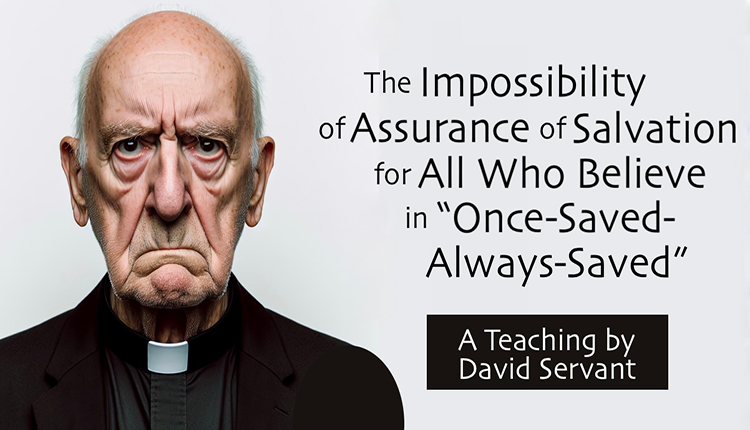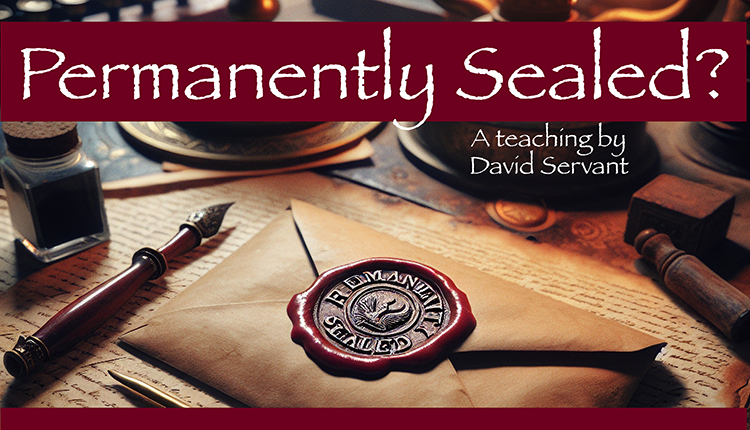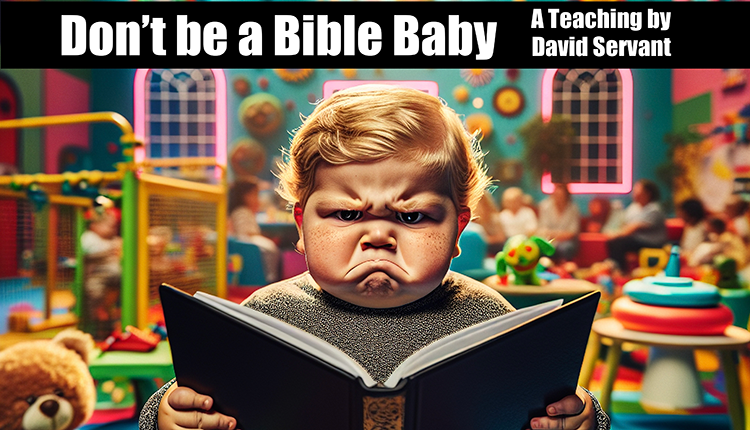
During one of the many times the apostle John, in his Gospel, recounted Jesus’ discussions with Jewish audiences, he once wrote, “As He [Jesus] spoke these things, many came to believe in Him” (John 8:30).
That certainly sounds like good news, doesn’t it? We’re always happy to hear about people believing in Jesus. Christians want everyone to believe in Jesus.









